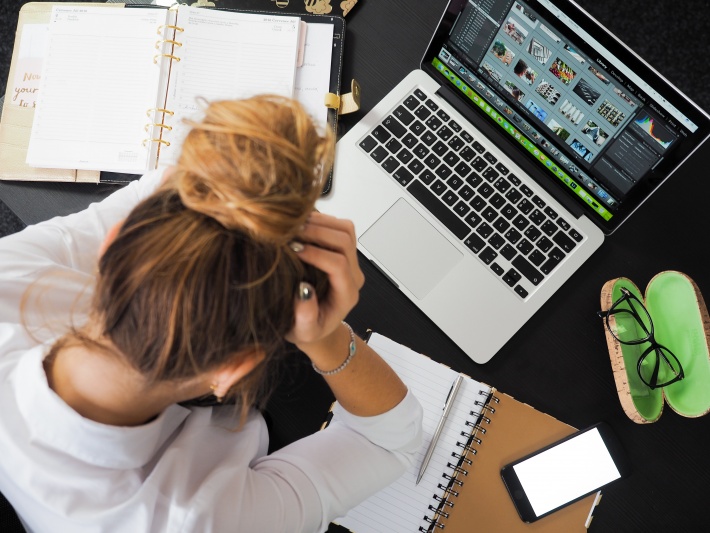
The grant will be a maximum of £2,500 per month for three months.
To qualify for this SE grant your self-employed trading profits must also be less than £50,000 and more than half of your income come from self-employment. This is determined by at least one of the following conditions being true:
You can apply if you’re a self-employed individual or a member of a partnership and you:
Those who are self-employed will need to have submitted a tax return for 2018-19, if you have not, you have until 23rd April 2020 to do so. You can contact us at Hall Morrice for assistance with you if this is the case.
HMRC will use the information from the last three tax returns, to ascertain your eligibility for the grant and will pay the grant directly into your bank account.
You cannot apply for this scheme yet.
HMRC will contact you if you are eligible for the scheme and invite you to apply online.
Further information is available here.
Self-employed individuals can defer tax payments for six months, making the next payments due 31 January 2021, instead of 31 July 2020. This is an automatic offer with no applications required. No penalties or interest for late payment will be charged in the deferral period.
The self-employed will be able to access Universal Credit at an equivalent rate to the Statutory Sick Pay that employees qualify for.
As we near the end of the tax year, get your income tax return in as soon as possible after 6 April 2020, as you may be due a potential refund of part of your January 2020 tax payment. Then you will know the exact amount that should have been due in July, but will now not be payable until January 2021. Again, we’re here to assist you with this and all of the points below.
If you make a sole trader or partnership tax loss in the tax year ended 5 April 2020, you can generate a tax refund, by carrying the loss back to the tax year ended 5 April 2019.
If you are a start-up, sole trader or partnership, this loss can be carried back three years to generate a tax refund from your previous PAYE job or even from rental income.
If you are working from home, we can arrange to claim for the use of home as office.
The sooner you get tax returns sent in, the sooner you can benefit from the measures above. Getting your return in early will not bring forward any tax payment dates, but it does bring forward tax refunds.
As of the 23rd March the House of Commons Public Bill Committee proposed an amendment to the Coronavirus Bill. If this goes through and it is expected to, it compels the government to introduce Regulations providing that “freelancers” (undefined) and “self-employed people” should receive guaranteed earnings of:
(a) 80% of their monthly net earnings, averaged over the last three years; or,
(b) £2,500 per month
whichever is the lower.
The purpose of this amendment is to make the Government ‘top up’ self-employed workers’ earnings to the lower of 80% of their net monthly earnings or £2,500 a month. As further information becomes available, we will update you.